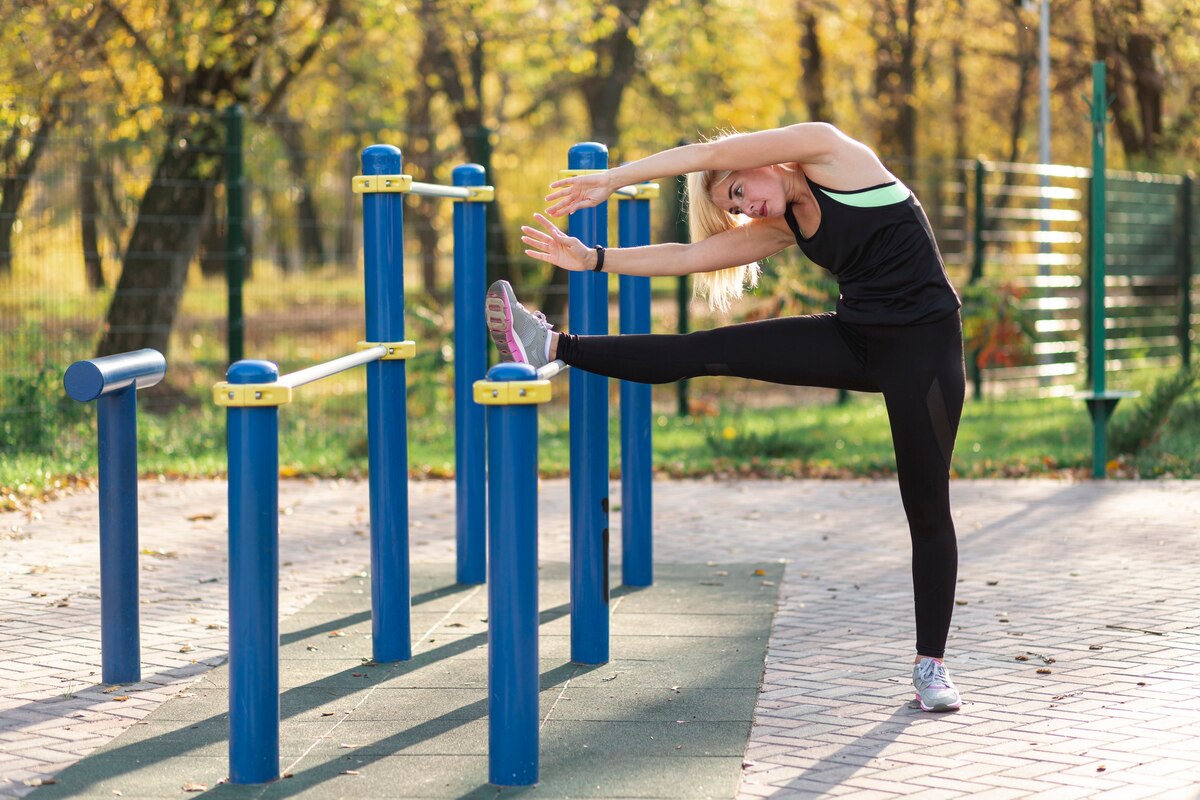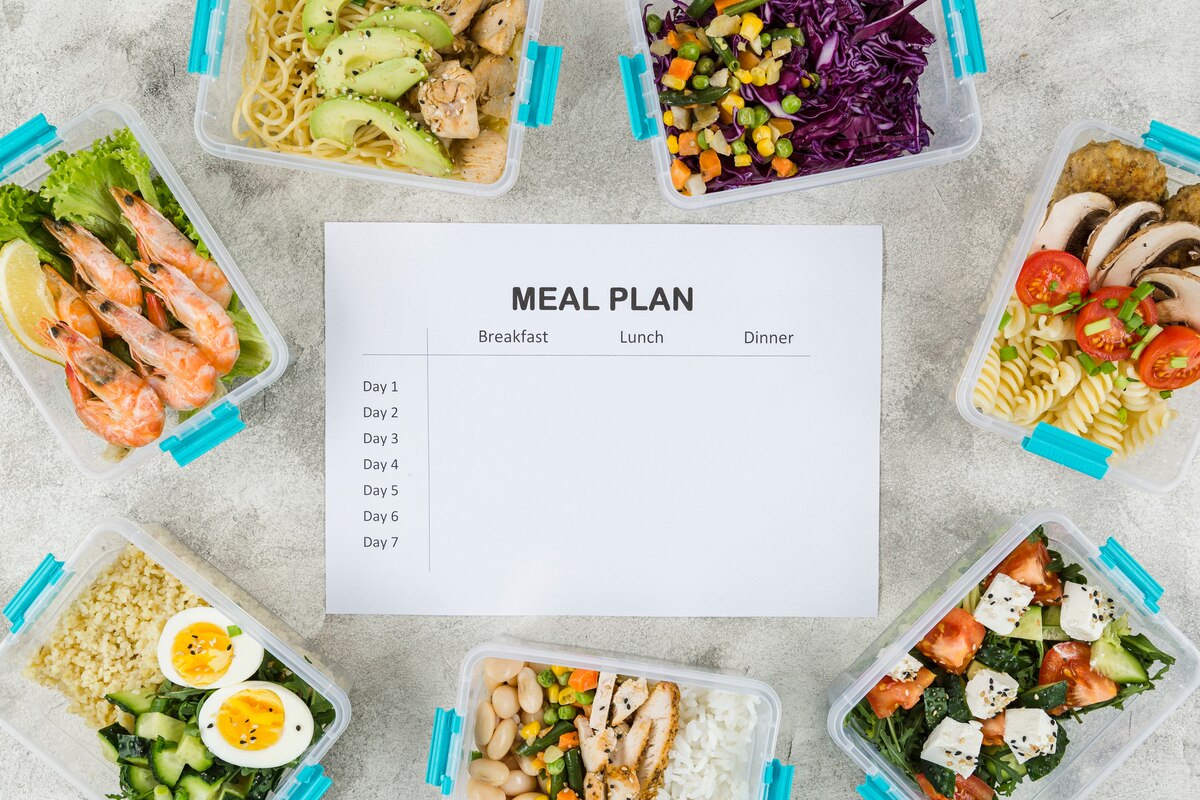Finding motivation to exercise in a world of distractions and commitments is challenging. However regular exercise improves mood, energy and health. Why do so many of us struggle to exercise regularly? Let examine typical obstacles and solutions.
Time Constraints
Lack of time is a common reason for missing exercise. With job family and social obligations finding time to exercise may be complicated. Changing our time perspective and emphasizing self care may help.
Consider exercising as an investment in your health rather than another item on your already complete to-do list. Start by finding time for exercise throughout the day. Small changes like rising 30 minutes earlier for a morning jog, fitting in lunchtime yoga, or taking a quick stroll during breaks might add to significant gains.
Adding exercise to regular habits might make it easier. Movement should be included in daily routines whenever feasible. Avoid the elevator, walk or bike to local locations, or do hobbies like gardening or dancing. Rethinking time management and incorporating exercise into your routine will help you overcome time restrictions.
Lack Of Motivation:
Motivation is another issue with regular exercise. It’s easy to procrastinate or feel tired after a long day at work or in bad weather, and waiting for inspiration to hit is frequently pointless. However, discipline and regularity may help connect intention and action.
Set realistic objectives that match your hobbies and ambitions. A goal, such as running a 5K, learning a new yoga posture, or building strength and flexibility, may give you direction. Break significant objectives into little milestones and celebrate them to remain motivated.
Finding activities you like might make exercise more enjoyable. Try various exercises until you find one you want. Many activities are available, including swimming, cycling, dancing, and hiking. Use group courses or helpful peers to build responsibility and friendship.
Perfectionism And Fear Of Failure:
Exercising perfectionism may be dangerous. Excellent goals are reasonable, but high expectations and fear of failure may stall growth. Accepting failure and adopting a development mentality that learns from mistakes is crucial.
Consistency and progress are more important than perfect training. It’s alright to feel unmotivated or perform poorly some days. Even modest steps advance you toward your objectives since progress is nonlinear.
Reframing failures as learning opportunities helps overcome failure phobia. Instead of concentrating on perceived inadequacies, consider what you can learn and how to improve. Remember that failures are part of the fitness and well-being journey, so celebrate grit and tenacity.
Lack Of Access To Facilities Or Equipment:
Many people, especially those in rural locations or on a budget, need more fitness facilities or equipment to exercise. Restricted access doesn’t mean restricted physical activity. With imagination and resourcefulness you can exercise effectively without a gym membership or pricey gear.
Try bodyweight workouts that need little equipment and can be done anywhere. Push ups, squats lunges and planks use your body weight as resistance making them accessible and effective strength and endurance exercises. Water bottles, chairs or resistance bands may also spice up your exercises without breaking the wallet.
Jogging in the park and trekking in natural areas provide plenty of outdoor exercise. Use playgrounds, basketball courts and outdoor training stations to mix up your routine and enjoy fresh air and sunlight. Community centers or local recreational programs may provide cheap fitness courses or sports leagues for socialization and skill development.
Online tools including exercise videos, virtual courses and fitness applications are free or cheap for Internet users. Whether you like HIIT yoga or dance cardio there is a digital platform for it. Accessible gym options allow you to prioritize your physical health despite restricted facilities or equipment.
Health Concerns Or Physical Limitations
Exercise may be scary for those with chronic health issues or physical limitations. Supervision and personalized changes can help manage symptoms, improve mobility and improve quality of life. A doctor or trained fitness instructor can help you create a safe and successful workout plan for your specific requirements.
Low impact exercises like swimming, cycling and tai chi improve flexibility and cardiovascular health without straining joints and muscles. Chair based or water aerobics are great for those with mobility or balance challenges because they increase strength and coordination in a supportive atmosphere.
Many chronic health disorders cause tension and worry but mindfulness practices like deep breathing meditation and gentle stretching may reduce them. Self care and body awareness are vital to a balanced workout program that promotes physical and emotional health.
Joining support groups or online forums for others with similar health issues may motivate, inspire and teach you how to exercise correctly. Focusing on your strengths rather than weaknesses will help you enhance your health and vitality via exercise regardless of your health or physical issues.
Lack Of Social Support Or Accountability
Starting a fitness journey alone might be scary especially if you face problems. Without a support structure or accountability partner losing motivation and self doubt is simple. However, encouraging friends, family and peers may help you stick to your workout objectives.
Consider getting a workout companion or attending group fitness programs to meet like minded people with similar aims. Others’ support and encouragement may motivate and hold you accountable making remaining on course and enjoying success more straightforward.
Technology provides unique ways to remain connected and accountable in your fitness journey. You may post progress updates, establish challenges and compete with peers worldwide on fitness tracking apps, social media or online forums.
Virtual challenges and accountability groups may help you remain motivated and build community. Involving family in fitness may develop ties and improve well being. Whether a family stroll playing sports with friends or doing charity walks, socializing may make exercise more pleasant and vital.
Conclusion
It may seem difficult to overcome fitness hurdles but every effort no matter how tiny gets you closer to your objectives. Creating a lasting and meaningful workout regimen requires self care motivation accepting imperfection, support safety and resourcefulness. Improving your health and well being is complicated but you can conquer any hurdle with patience and drive. So put on your shoes, take that first step and start your better, happier life.










